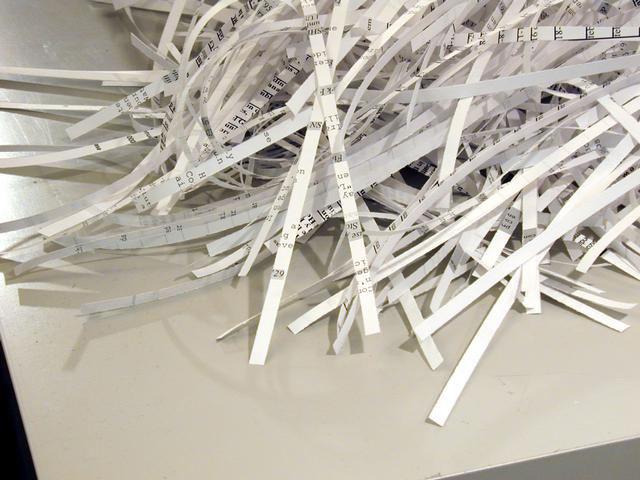

“We can’t say that we have been perfect, nobody is,” Ferro said. It’s expected SOBE will employ about 30 workers downtown and 20 to 30 in Lowellville. YSU came back to the system and the DoubleTree by Hilton downtown has a contract, Ferro said. SOBE has 35 customers in Youngstown, including the city-owned buildings. In total, Ferro said, the technology allows for seven renewable energy revenue streams for SOBE. The byproducts of that process include coke, which is used in making steel, and carbon black, which can be used in tires and multiple other applications. “We don’t want to use the b word because we are not doing that,” he said. The material will be shipped by rail to Lowellville and trucked to Youngstown, where it will be converted to gas at the plant using indirect heat - a process that is more friendly to the environment because it doesn’t produce hazardous waste and one that allows the byproducts to be collected and reused.įerro is quick to say the material is not burned. There, the plan is to collect and shred plastics and tires to feed the plant. That’s where the facility Lowellville comes in. “With our technology, instead of buying energy, I am going to make my own energy and I want to get paid to do it,” Ferro said. One that was built in 1911 will be converted into the new boiler house with plans to have three new boilers that will operate on a synthetic gas SOBE will produce with natural gas as the secondary source. Two other buildings at the site will remain. “We’ve built the building blocks for the next phase, and that next phase is now to rebuild the facility,” Ferro said. The well-known stacks are expected to be demolished sometime this month. The old plant, in a building built in 1947, is being torn down. That work included a direct connection to neighboring Domestic Uniform Rental with a return to the boiler to use the condensate made as feedwater. The system was disconnected and a new infrastructure was built nearby on the property with one boiler to replace three. “Every valve, every instrument that works in that system was steam-related, so I had to make steam to run the plant, which is never a good thing,” Ferro said. Once the leaks were sealed, the improvements shifted to the boiler house. Now, its in the range of 75 percent to 80 percent efficient with the goal to reach 90 percent to 95 percent. “It was poor because there were leaks all over the city.”įerro estimates the system was 30 percent efficient then. The first was on the consumer side, the end user side, because the quality of the steam they were receiving was very poor in terms of pressure, in terms of temperature,” Ferro said. “There were two fundamental problems with the system. When SOBE came on board, Ferro said there were matters that needed immediate attention - leaks in the distribution system and bypassing the existing plant. The loss of YSU as a customer exposed underlying financial problems at Youngstown Thermal. The large blow came when Youngstown Thermal lost Youngstown State University as a customer when YSU built its own steam plant. The company couldn’t ensure adequate service to its customers and was in danger of insolvency when the PUCO stepped in.


The Vindicator reported in 2019 that Youngstown Thermal was placed into receivership in 2017 after the Public Utilities Commission of Ohio was informed by the company’s former CEO the business was in a financial struggle that could have caused an energy crisis in downtown.

SOBE took on the management role in June 2019, which is the same year it agreed to purchase the assets for $250,000, but it took several years to get the deal done.


 0 kommentar(er)
0 kommentar(er)
